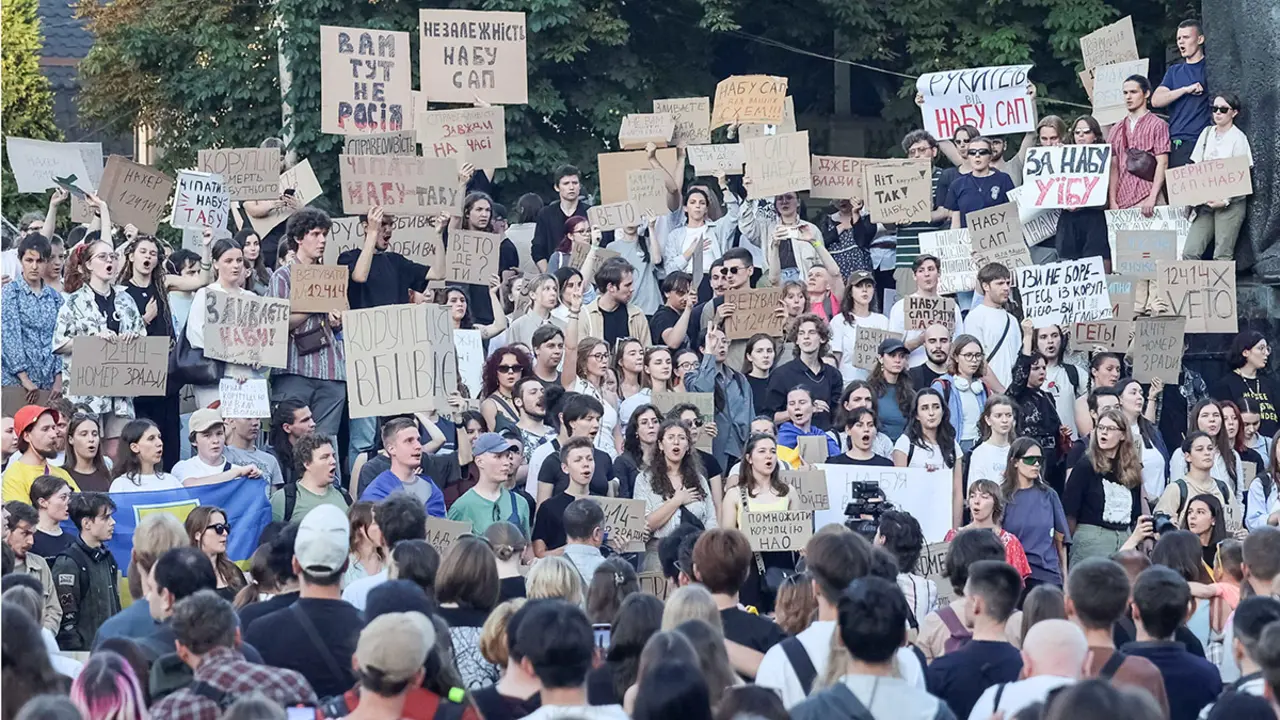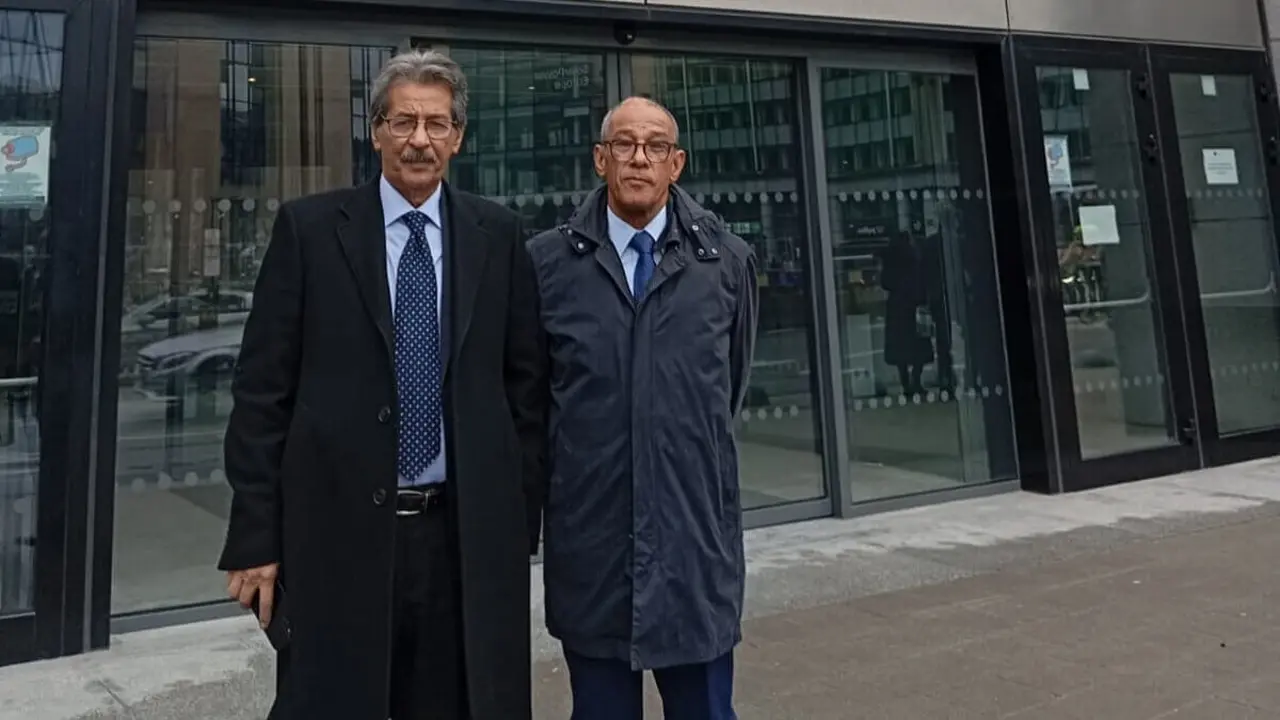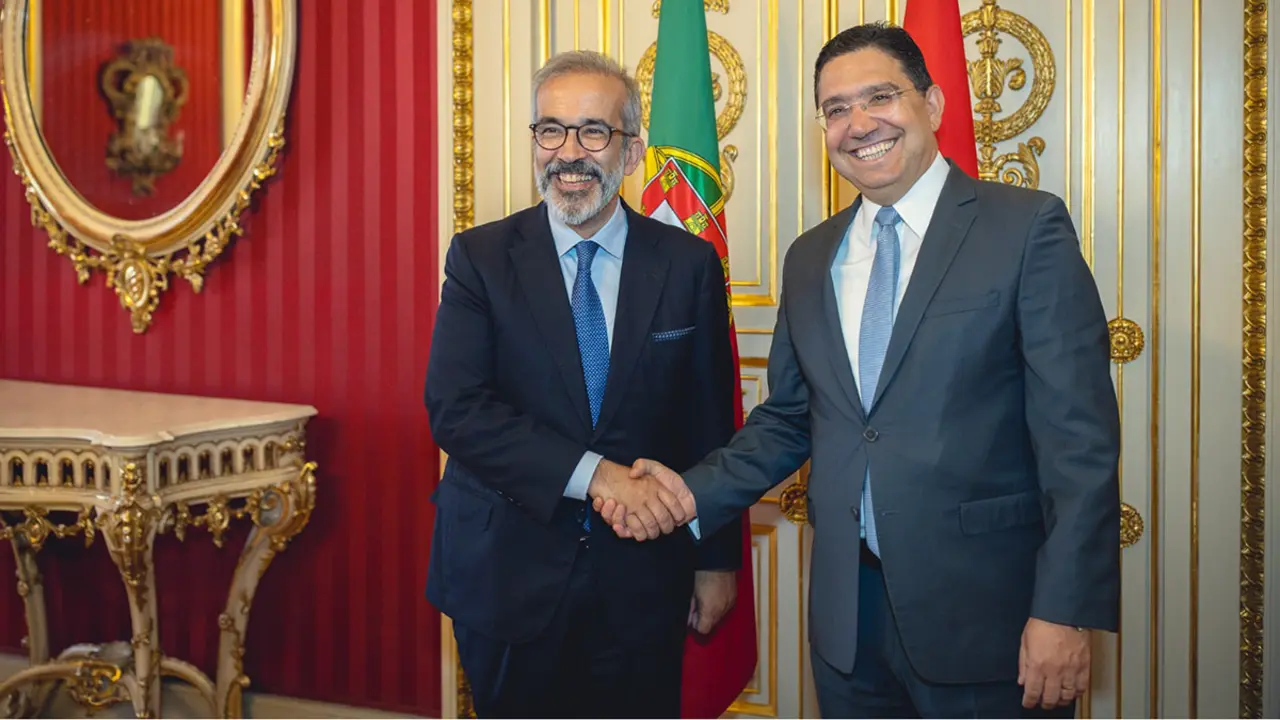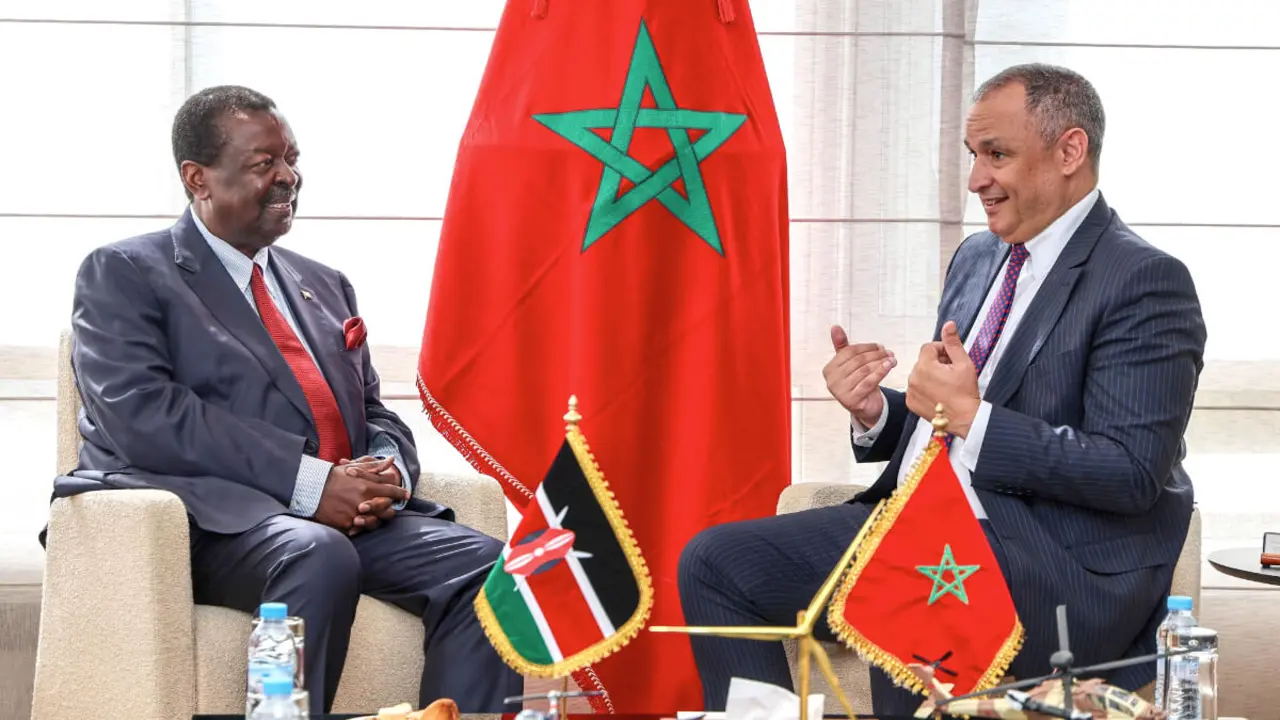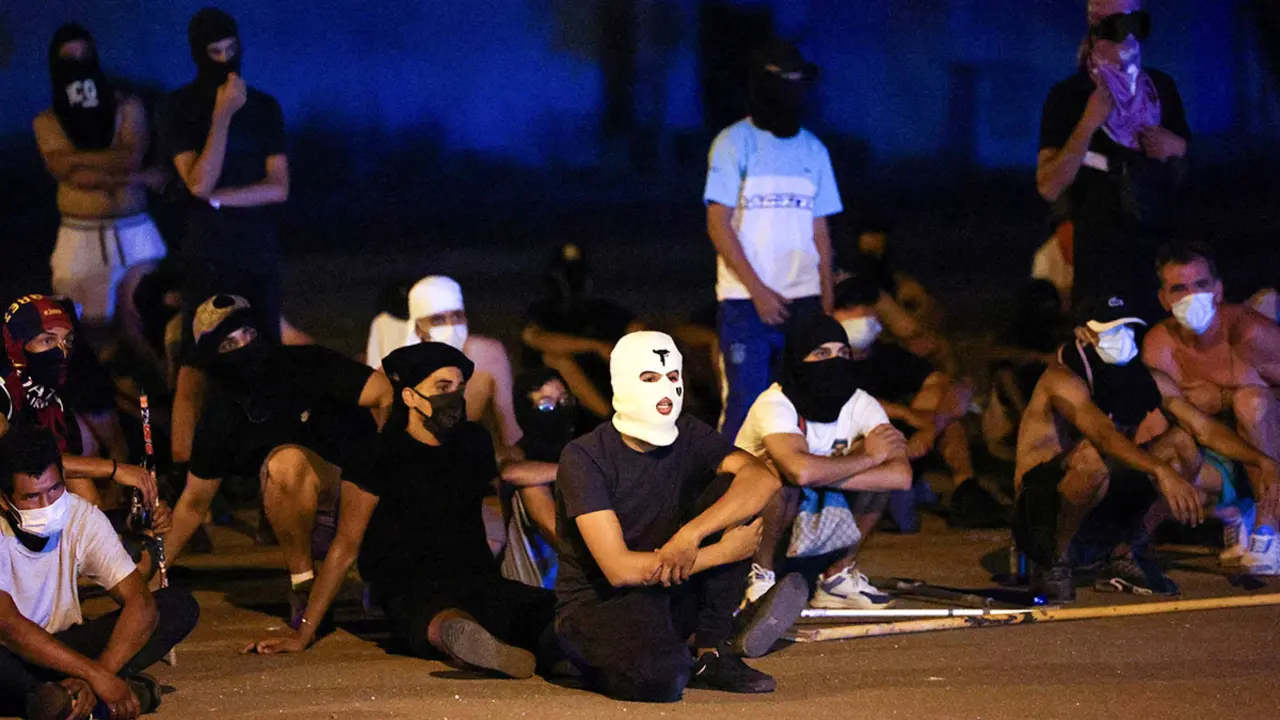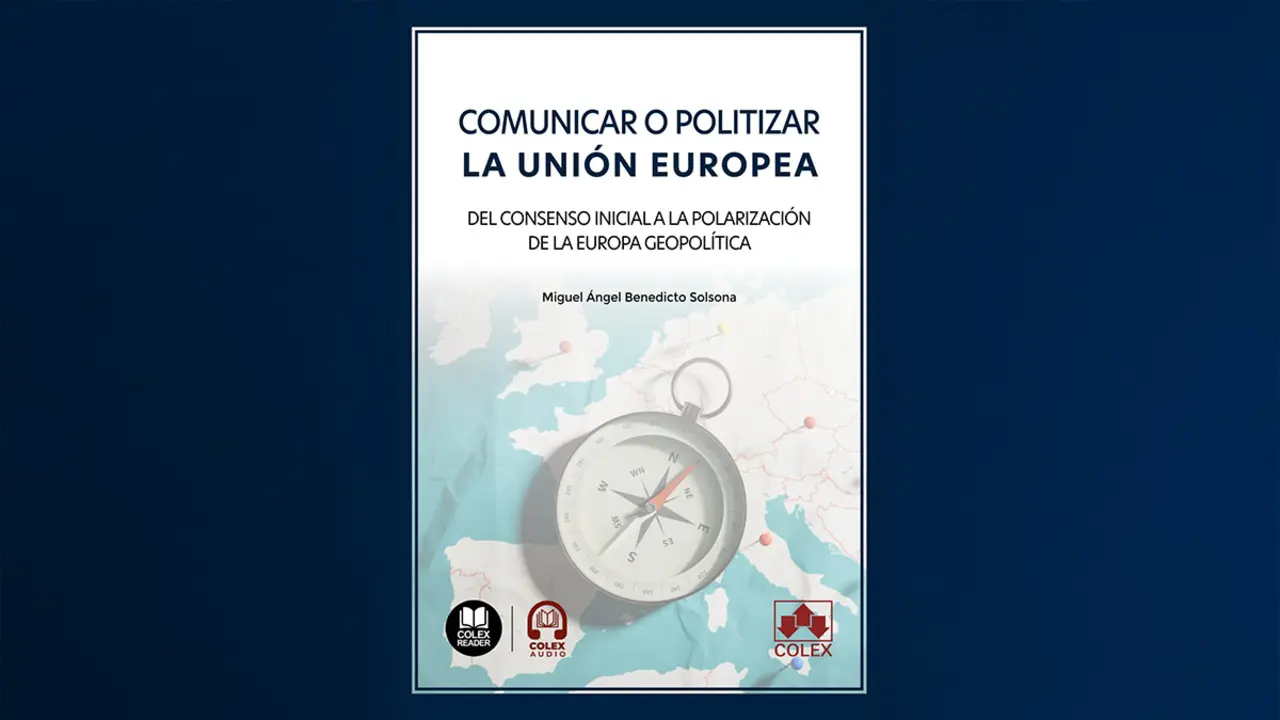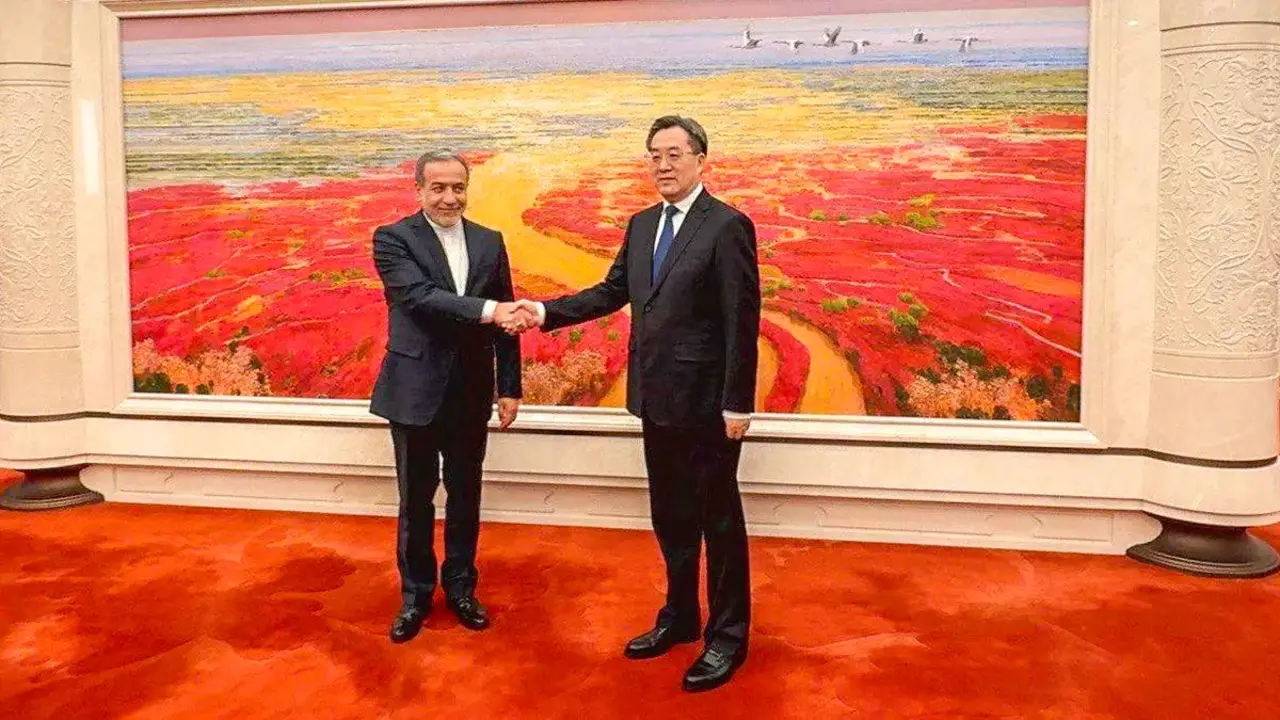An outdated Strategic Compass and a European Defence to be made
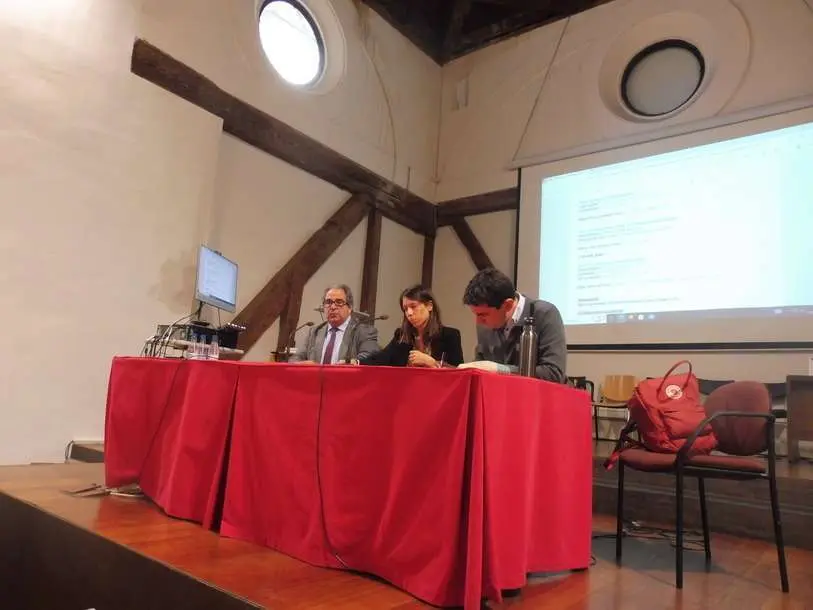
More than six months have passed since Russia invaded Ukraine. This historic event has kept all governments and their defence policies on tenterhooks. Countries such as Germany have surprisingly agreed to increase military spending, while the European Union has its work cut out on defence. A key topic at the conference entitled Geopolitical Europe: the European Union as a global power, organised by Miguel Ángel Benedicto, president of the UCM's Ideas and Debate Association and professor of International Relations at the same university and held at the University of Castilla La Mancha in Toledo.
"The document is six months old. The Strategic Compass is outdated; it is somewhere between institutionalism and bombast". This is how Carlos González-Villa, professor of International Studies at the UCLM, described the security strategy, denouncing the fact that the document has been reduced "to dissemination and limitation".
But if there is one thing that this Strategic Compass should have and does not have, according to González-Villa, it is the lack of a referent object, defining for whom it should be protected, and a doctrine: "The Compass totally lacks doctrine, that certain unity of action and, above all, of purpose".
However, for Victoria Rodríguez, professor of International Relations at the UCM, important steps have been taken, such as the 60 projects that have been developed since the launch of the Strategic Compass, despite the fact that "states have not wanted to cooperate in this area".
And as an effect on national governments, the EU has also made progress since the Russian invasion of Ukraine in the area of security, especially with the creation of the European Peace Support Fund, while also working to train Ukrainian troops. "Progress has been made, but further improvements are needed," Rodríguez concluded.
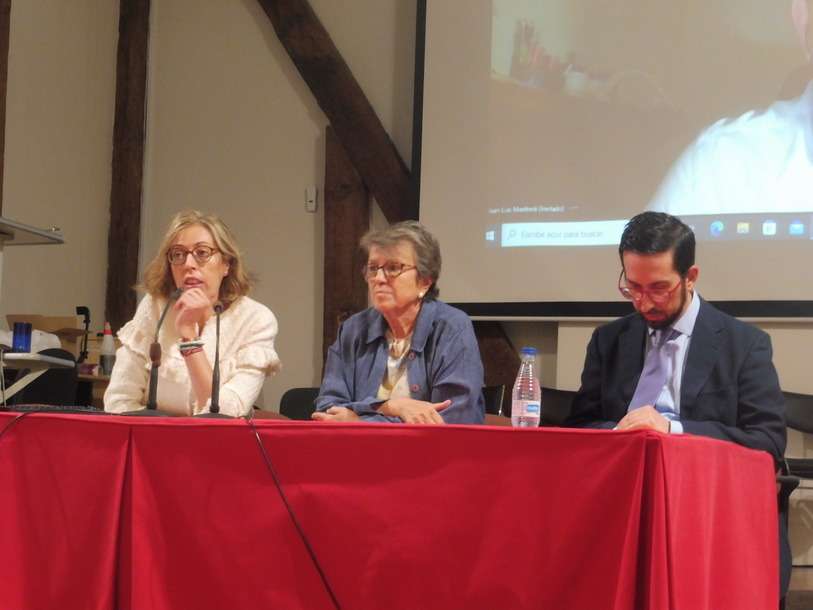
This colloquium on security and defence in Europe was moderated by Javier Fernández Arribas, the director of Atalayar, who sparked debate among all the participants by raising questions such as whether the political position plays a role in increasing military spending, or whether, when we talk about European autonomy, we are really willing to offer the famous 2% of GDP for defence or to take on international missions and human casualties. These are essential questions for European Defence after the turning point in Ukraine.
However, as far as geopolitical Europe is concerned, there are other relevant actors for the EU-27, such as Russia and China, in what are the major trends of the 21st century. Giorgina Higueras, a journalist specialising in Asia, criticised the European Union for "focusing on its internal crises, Brexit, immigration and populism, and forgetting about the outside world", something that has worked in Washington's favour.
"Brussels has broken the possibility of being a stabilising factor between the US and China, and the possibility of appeasing an eventual confrontation between these two superpowers", Higueras explained. The US-Europe-China triangle has already played a few games. The EU signed an investment agreement with the Asian giant, but when Joe Biden took power, according to the journalist, he quickly knew how to drag Europe into a dynamic of sanctions outside international legality. This has taken its toll on the EU because of China's large investment in the continent and the deficient US investment.
The relationship with Russia, on the other hand, is totally different. Javier Morales, professor of International Relations at the UCM, made the same review of Putin's current policy and his determination to continue with the violent invasion of Ukraine: "Putin is working in a counterproductive way", said Morales, although not only since the last few years. The Kremlin leader has been in power since 2000 and there have been many policies unfavourable to Russia itself.
On the other side of the Pacific, the reality in the United States is somewhat different, but with some dissatisfaction with the new Biden administration. "We were optimistic that Biden was going to turn policy around, but what he has done is to continue with continuity and look self-absorbed at domestic problems", said Juan Luis Manfredi, a professor at Georgetown University, who gave the example of the withdrawal of US troops from Afghanistan. For the professor, world geopolitics will also depend on what happens in the upcoming mid-term elections this November.

